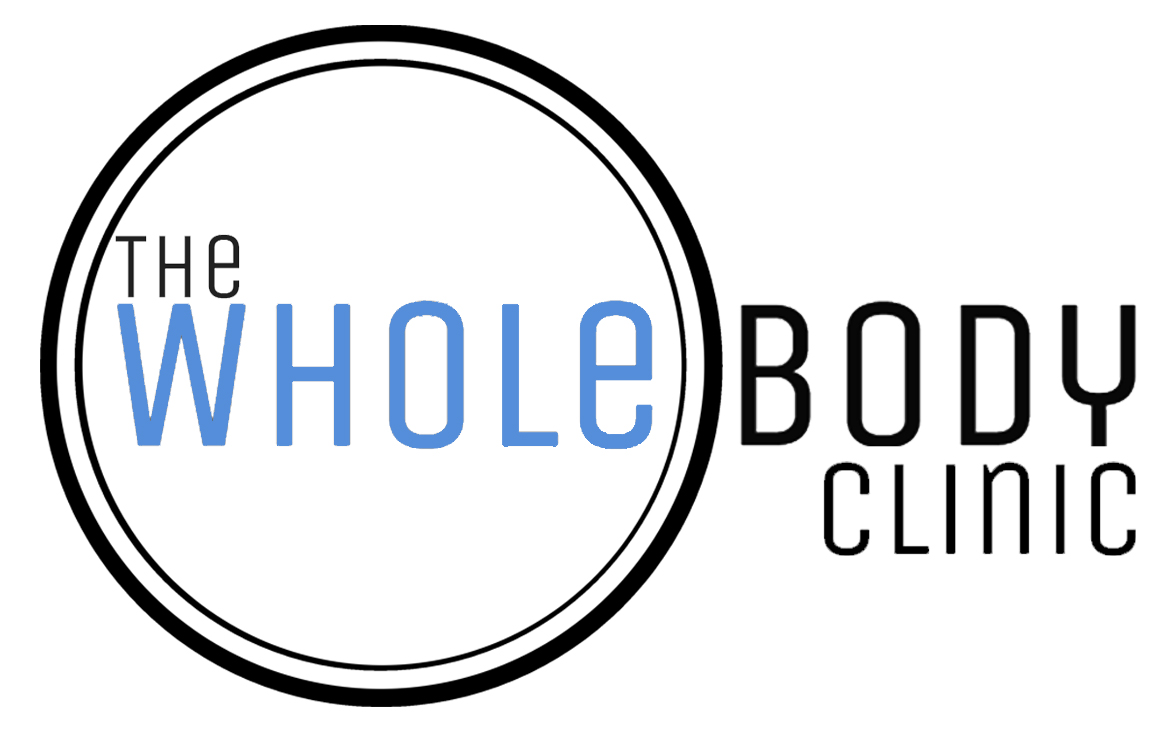What You Need To Know About Returning To Sport Safely

Taking part in a sporting activity, no matter what your age, level, or goals are, can be significantly beneficial to your physical and mental health, productivity, and social interactions. Unfortunately, many of us experience something that can keep us from our sport at one time or another.
There are many reasons why you may have stopped playing a sport you enjoyed, perhaps voluntarily, perhaps involuntarily, and this can have a flow-on effect in many areas of your life. When returning, there are various aspects to consider to help you remain physically and mentally healthy. It is not merely down to wanting to get back to it right here and right now.
At Whole Body Clinic, we are sports enthusiasts, so we understand how it can feel to not be part of that world for even a short period of time. We are dedicated to helping you get back to what you love through support and physiotherapy.
Are You Ready To Return To Sport?
The benefits of playing sports are almost endless. Some of these include:
- Improved physical and mental health.
- The sense of comradery that can be felt being part of a team.
- The engagement and networking that can be involved.
- Increased self-confidence and esteem.
- Feelings of achievement.
Several reasons can make taking part in sports not feasible for a time. Some examples of why people stop playing sports include:
- Injuries.
- Chronic and acute illnesses.
- Pregnancy and parenting.
- Increased expectations at work.
- Lack of local sporting opportunities.
- Decreased motivation.
- Inaccessibility or inequality regarding aspects such as fields, associations, teams, and equipment.
- Financial restrictions.
- Pandemic-related lockdowns and isolation.
- Leaving school or university where extracurricular activities were more easily accessed.
These factors can result in short- or long-term absences from the sport you play. Now that you are reaching a point where you are considering returning to playing sports, it is important to be mindful of a few elements. Asking the following questions can be helpful:
- In terms of an injury or illness, have you had approval from a physiotherapist or doctor as being safe to play?
- Are your team, coach, and the people close to you happy for you to return to sport?
- Are the type and level of sport you want to participate in appropriate for your abilities and goals?
- Are you psychologically and emotionally ready to return to sport after, for example, a sporting injury or long-term illness?
- Does your age mean that you may need to adjust what you were able to do the last time you played?
- Could your return to a sport affect the safety of other players?
- Will you be able to fulfil regulations and team expectations if you return to sport?
What Happens To Your Body When You Stop Playing Sport?
Whether you stopped playing sport a fortnight ago or a decade ago, your body and mind will have changed to some degree. That is why it is important to ease back into sport as a continuum rather than jumping straight back in where you left off.
Reduced activity can affect most parts of your body, from your soft tissues, bones, and joints to your mind, mood, and emotional well-being. Without the workload sports puts on your body, it may have begun to adapt to a more sedentary lifestyle, which can involve factors such as weaker muscles, thinner bones, stiffer joints, and fatigue.
Your body may have also experienced great healing. If you have taken time out because of injury or illness, now that you want to return, the pain, inflammation, reduced mobility and strength, and other symptoms that affected your ability should have improved to the point that your healthcare team approve of.
Once you have made the return, it is important to be aware that it is not necessarily all smooth sailing from there. Having had time out may mean you have reduced ability in various aspects and a predisposition or increased risk for injuries, relapses, or other related issues. Ensure you take steps appropriate to your recovery and rehabilitation beyond achieving your return to sports.
Steps To Take When Returning To Sport Safely
To get the most out of your return to sport, be ever mindful of how your body is performing, the length of time you have been away, and your goals.
To this end, fulfilling the following steps can be beneficial:
- Always undertake appropriate warm-ups and cool-downs.
- Ensure to gradually build up the regularity and intensity of your exercise and training to help your body’s preparedness and tolerance.
- Incorporate strengthening, flexibility, muscle memory, and balance exercises and stretches into your training. These should be beneficial to both your general health and performance and the specific needs of the sport.
- Monitor your progress and regularly assess for required changes.
- Make sure your technique is correct. Ask for guidance to help reduce your risk of injury or decreased performance.
- Seek professional help when necessary, such as advise or manual therapy from one of our physiotherapists.
- Look after yourself “off the field” too. Work towards a nutritious diet, sufficient hydration, good sleep, and rest periods.
Whole Body Clinic Can Help You Return To Sport Safely
When you have been away from participating in sports for some time, it can be difficult to know how and when to return. At Whole Body Clinic, we are dedicated to helping our patients find the most suitable and safe way to begin playing again. Please book your initial consultation with one of our friendly and experienced physiotherapists so we can begin helping you get back out there!
